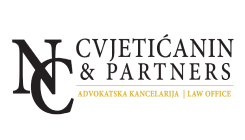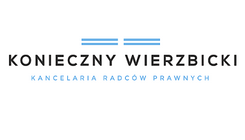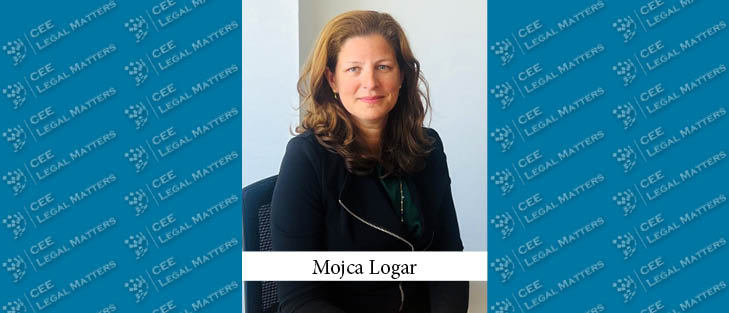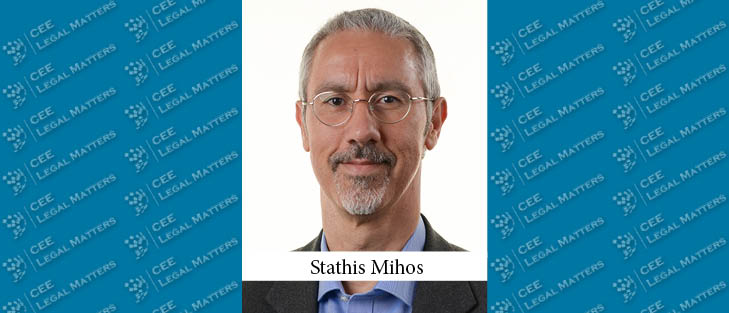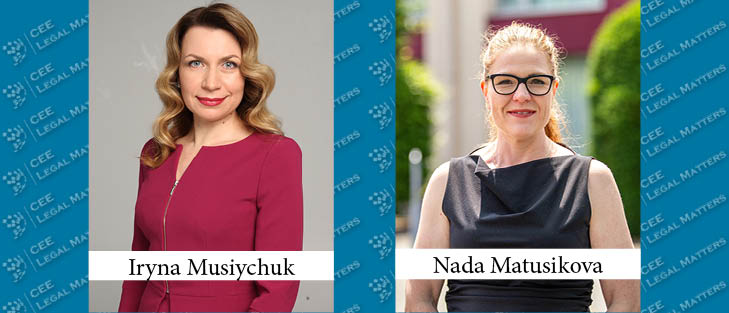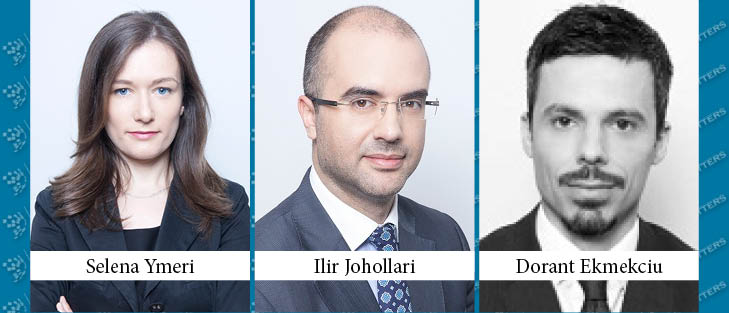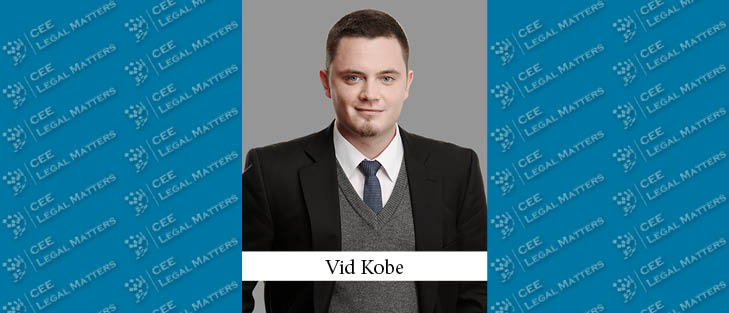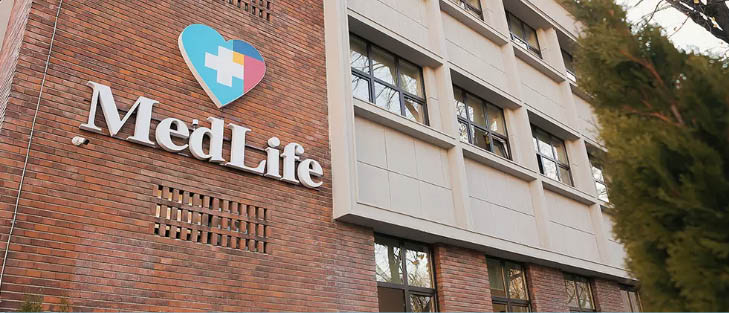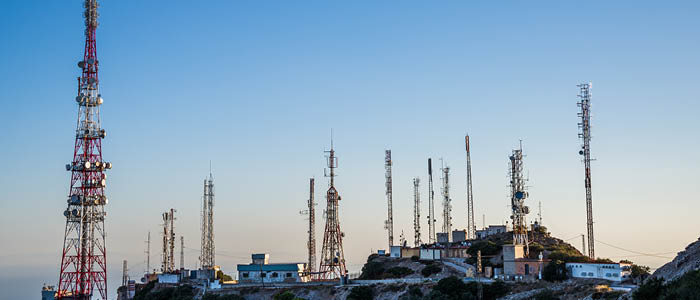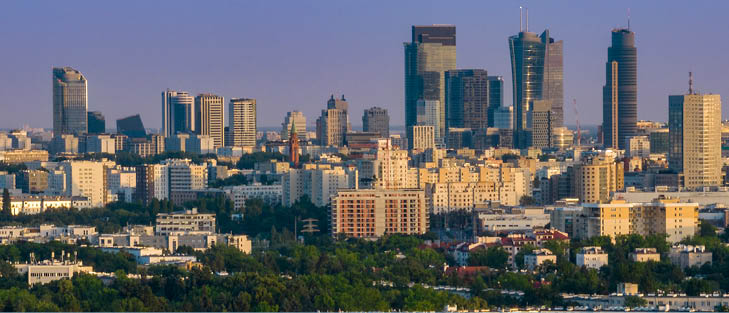After almost a century of reclusion, Albania has achieved formal candidate status to join the 28 member states in the European Union. Is the time finally right?
Political Crisis at a Time of Opportunity
The desire to join the EU, it appears, is the rare sentiment that everyone in Albania seem to share. “If there is one thing common in Albania, it is its path to the EU that everybody agrees on – the government, the opposition, and civil society,” says Frost & Fire Consulting Co-Managing Partner Alfred Rushai. “The path to Europe is the national goal for everybody.”
Still, despite the across-the-board support for EU accession, Albania finds itself in the midst of high tensions that jeopardize the country’s progress. Since February 2019, the country has found itself mired in political crisis, as the opposition, led by the Democratic Party, has withdrawn from Parliament and demanded the resignation of current Prime Minister Edi Rama, whose election in 2017 generated wide-spread accusations of fraud and corruption. Tensions have only increased since, with widespread protests and declarations by members of the Democratic Party that they will refuse to participate in any elections, including the municipal elections originally scheduled for June 30, 2019, until their demands are met.
In response, Albanian President Ilir Meta canceled the June 30 elections, purportedly to decrease tension in the country and make sure the process towards EU integration was kept on track. Meta’s decision, however, was not welcomed in Parliament, particularly by the governing Socialist party, which vowed to remove the President for what they claimed was an unconstitutional act, which, Rama claimed, “undermine[d] Albania’s democracy.” Indeed, on June 24, 2019, the Electoral College – the highest judicial body in Albania on electoral matters – unanimously ruled against the president’s decision and ruled that the local elections should proceed. Anti-government violence increased as a result, with opposition supporters for the first time targeting the elections specifically, breaking into nearly a number of electoral facilities and destroying election materials, leading to clashes with police and multiple arrests.
In addition to the immediate crisis, a number of experts express frustration about the effect of the sturm-und-drang on the country’s economy. “It is very easy in such economically hard times to dissuade investors from taking a business risk in this country,” says Wolf Theiss Partner Sokol Nako, “and that level of political conflict does not help. Everybody prays for a more streamlined political debate and higher standards of governance,” he says, “thus, any improvement in the government could ease tensions and indirectly be much more helpful to business.”
“The crisis might cause a slow-down in some legislative reforms,” says Deloitte Legal Senior Manager Sabina Lalaj, speaking before the Electoral College’s decision. Lalaj emphasizes that she prefers dialogue to drastic measures, and says that, one way or another, she hopes that things will stabilize by September.
The internal political crisis isn’t the only major problem Albania is facing at the moment. Although the European Commission recommended in May that accession talks with both Albania and North Macedonia begin as soon as possible, saying the two countries have “delivered on reforms,” in mid-June the EU postponed its decision about whether to open those accession negotiations, promising only that “the council will revert to the issue with a view to reaching a clear and substantive decision as soon as possible and no later than October 2019.”
Corruption and Lack of Transparency Continue to Limit Growth
Earlier this year, in its report about Albania, the European Commission reported that the country had made “moderate progress” in such key areas as the judiciary, public administration, and economy, but noted that corruption is “prevalent in many areas and remains an issue of concern.” In fact, the problem may be getting worse, not better. Transparency International’s 2018 Corruption Perceptions Index ranks Albania 99th among the 180 countries and territories included in the report, down from 83rd in 2016. According to Transparency International, the increased corruption in the country is largely the result of a political situation which limits enactments of necessary reforms.
Indeed, with corruption rampant across the political spectrum, many express cynicism about whether or not the jockeying for political power has much to do with the ultimate direction of the country in the first place. “There is not much difference between the colors of the government,” Shpati Hoxha, Partner at Hoxha, Memi & Hoxha says, sighing. “The major issue is corruption. Problems in Albania are always the same, irrespective of the government.”
And Hoxha says that the steps the country has taken to tackle corruption have been mostly ineffective. “There are changes on the way, some things have been done, but the end result is the same – if you do not have political connections or are not able to somehow build a favorable relationship with the government, you will not be able to succeed.” What’s more, he says, “it is especially difficult for foreign investors to compete in the corrupt environment.” Hence, he believes, “only those businesses which are able to access the corrupt mechanism do and will succeed in business.” As a result, he suggests that Albania’s claims to be addressing corruption amount to window-dressing. “I do not think anybody is making any honest efforts,” he says.
Frost & Fire’s Rushai agrees that corruption remains a major problem, but he insists that it is hardly the only challenge the country is facing, citing also a lack of transparency that affects how the market functions for foreign and local investors and how public procurement procedures and public competitions operate, as well as hampering the legislative process and the implementation of laws and regulations. The two problems are, of course, related. “The lack of transparency fuels corruption,” Rushai says, and while he says most of the time there are no issues with laws themselves, their selective implementation is a real problem.
And there’s no silver bullet, apparently. “I do not think that a single piece of law can make a difference,” Rushai says. “It needs to be a whole initiative to significantly change the climate of doing business here.” He adds that the problem is only aggravated by a lack of accountability for public officials. “All of these things result in a clear deformation of the market.”
Lalaj reports that Albania’s tax system is a major obstacle as well. “We need to better educate and improve our tax administration and give more flexibility and more access to both foreign and local investments,” she says. She describes the current system as based on “old traditions and bureaucracy,” and she suggests that better communication with tax authorities and an improved understanding by those authorities of the needs of the business community would go a long way.
Hoxha says, the market has been experiencing a slow-down in foreign investment and significant divestments, such as Societe Generale being sold to OTP in April 2019 and Deutsche Telekom leaving the market in January 2019. Hoxha ties the slow-down in large part to changes in the fiscal system and the overall increase of tax rates.
Indeed, Kalo & Associates Executive Partner Aigest Milo reports that, since the ruling party came to power, corporate income tax rates have been increased from 10% to 15%, and a progressive tax on employment has been introduced. The problem was not helped, he says, by the government’s decision to conduct an ineffective audit of small, medium, and large companies that stressed the economy.
In addition, Milo says, one of the objectives of the newly-formed government back in 2013 was to repay the VAT that was due to businesses. “It was EUR 250 million at that time, which they reimbursed, but now the amount is nearly the same,” he says, “meaning along the road this government approach has failed and we are back at square one.”
Of course, the size of the market is also a factor. Milo says that the opportunities for potential return for foreign investors are limited. “What investors put into this market and what they get in return is not what is expected,” he explains.
Not All Doom and Gloom
But there’s certainly been some progress, and Rushai reports that even the EU accession process itself is positively affecting the nation. “We have objectives to reach in order to achieve certain milestones,” he says, and adds, “this is good for business, the market, democracy, for everything, as we are checked by independent supervisors to keep up.”
On its website, the World Bank reports that Albania has achieved “remarkable economic progress during the past three decades” transforming itself in the process “from one of the poorest countries in Europe into a middle-income nation.” For its part, on its website, the European Commission points out that, at least before the global financial crisis hit, Albania was “one of the fastest-growing economies in Europe.”
And, despite all the potholes and difficulties with corruption, the government is often credited with being pro-business. Major initiatives include the Devoll Hydropower project (consisting of two hydropower plants being built in the Albanian valley of Devoll, which will produce 729 GWh annually, increasing Albanian electricity production by almost 17 percent), and the Trans-Adriatic Pipeline, which will transport natural gas from Greece, through Albania, under the Adriatic, to Italy and then on to Western Europe.
In the past several years, Albania’s energy sector also became attractive to foreign investors, Milo says. In 2017 Albania adopted a new Act on Promotion of the Use of Energy from Renewable Sources. The new law, which is harmonized with EU Directives, made conditions much clearer, he reports, as the government seeks to capitalize on its remarkably warm and sunny climate and extensive coastline. However, there is a general concern for the future of FDI, he admits, as both the Trans-Adriatic Pipeline and the Devoll project will be concluded next year.
Lalaj also points to tourism as a significant source of investment and cites several important incentives in the sector, such as the introduction of new tax policies for hotels and resorts (including reducing VAT from 20% to 6% and exempting profit tax for ten years) designed to lure more four and five-star hotel chains to the country. Hilton – through Hilton Garden – already has a hotel in the market, while Marriott International and Hyatt Hotels Corporation have signed agreement for hotels in Tirana. Lalaj reports that several other hotels are expressing interest in the country as well. In fact, construction projects are prevalent in Albania, and according to the Institute of the Statistics in Albania, Industry and Construction constituted 20% of the country’s GDP in 2017.
The country’s efforts to reform its property registration system is also expected to make things easier for foreign investors. In the past Albania’s system was divided into three overlapping and often ineffective parts: a property registration office, a legalization agency, and a restitution agency responsible for returning property taken by the state during the communist era to its former owners. The move in April 2019 to combine them into one e-cadastral office is widely seen as an improvement. “It is an important agency for businesses,” Milo says, “we will have one register for all properties and a much clear property regime, which, it should be emphasized, is one of the major problems for foreign investors.”
A Clear Perspective
Despite its many problems, many claim they remain positive about the country’s overall progress. As Nako puts it, “I believe that a clear perspective really would soften the image that Albania has in the eyes of investors and would provide the synergies for everyone to look at us more favorably.” He says that the current situation reminds him of Bulgaria and Romania in their early 2000s pre-accession stages. “Once the perspective became clear, you could see that with investor interest and cross-border investment becoming higher and with the support of EU funds and programs, their economies boomed.”
Maybe Albania’s boom is coming?
This Article was originally published in Issue 6.6 of the CEE Legal Matters Magazine. If you would like to receive a hard copy of the magazine, you can subscribe here.


